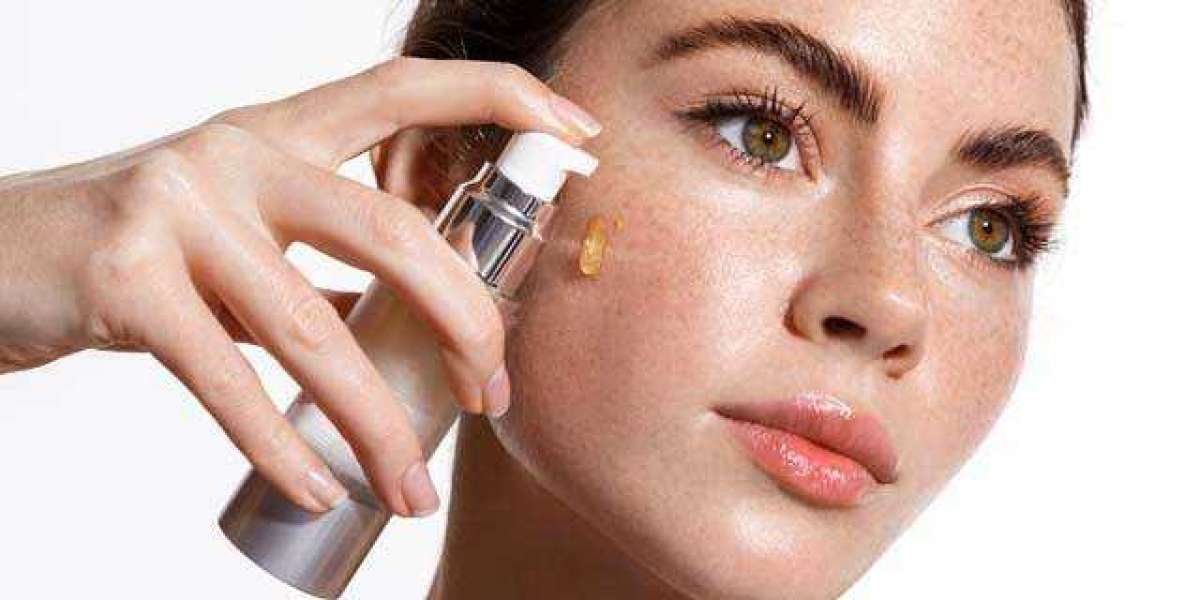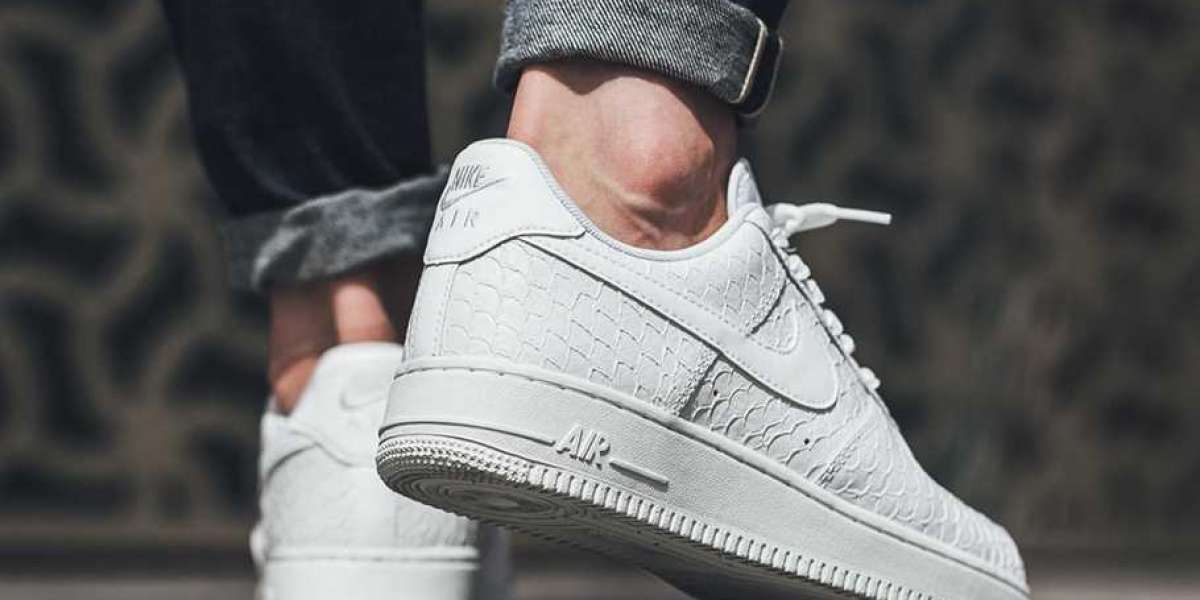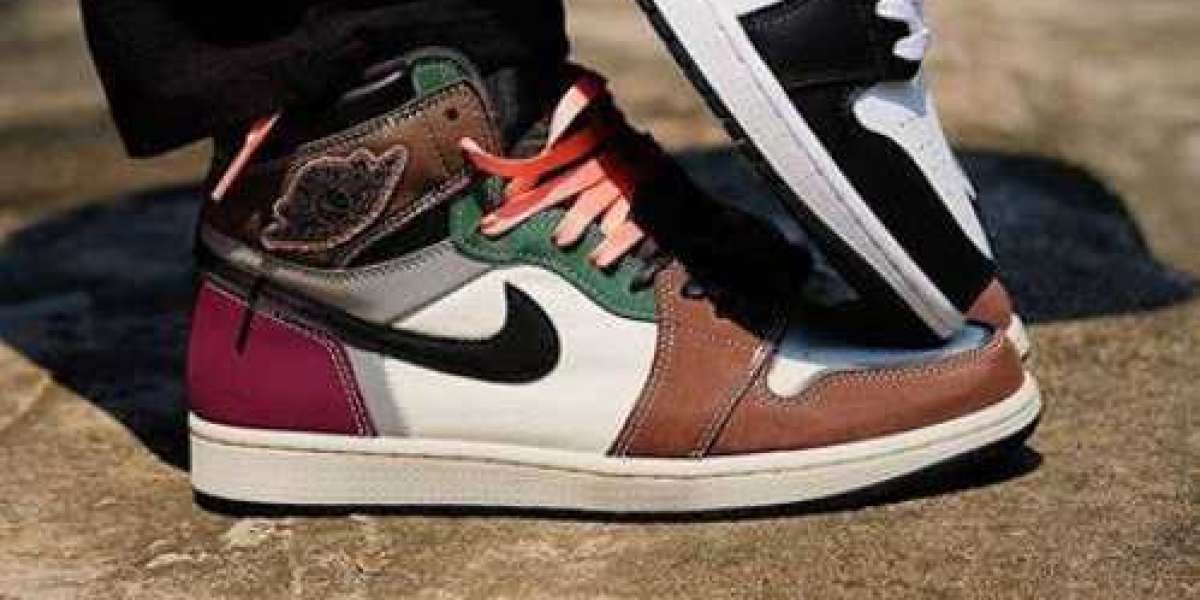The increased oiliness of the skin, particularly on the face, during travel can be attributed to various factors related to the travel environment, changes in routine, and the body's response to different conditions. Here are several reasons why women may experience an oilier complexion when traveling:
1. Climate and Environmental Factors:
- Humidity Levels: Traveling to regions with higher humidity can stimulate the sebaceous glands to produce more oil. Increased humidity can make the skin feel greasier, especially if you are not accustomed to such conditions.
- Temperature Changes: Moving between different climates, especially from a colder to a warmer environment, can prompt the skin to produce more oil as a response to the temperature increase.
2. Inconsistent Skincare Routine:
- Change in Products: Using different skincare products while traveling, such as hotel-provided items or smaller travel-sized versions of your regular products, can impact your skin. Different formulations or ingredients may influence oil production.
- Frequency of Use: Changes in routine during travel, such as irregular cleansing or skipping certain steps in your skincare routine, can lead to oilier skin.
3. Dehydration and Overcompensation:
- Dehydration: Long flights, exposure to different climates, and irregular hydration can lead to dehydration. In response, the skin may produce more oil to compensate for the lack of moisture.
- Overuse of Drying Products: In an attempt to control oiliness, individuals may overuse products that strip the skin of natural oils. Paradoxically, this can lead to the skin producing more oil to compensate for the perceived dryness.
4. Stress and Hormonal Changes:
- Travel Stress: The stress associated with travel can trigger hormonal changes, including an increase in cortisol. Elevated cortisol levels can stimulate the sebaceous glands, leading to increased oil production.
- Hormonal Fluctuations: Changes in sleep patterns, time zone differences, and irregular meals during travel can disrupt hormonal balance, influencing the skin's oiliness.
5. Dietary Changes:
- Different Foods: Exploring new cuisines and dietary habits during travel can impact skin health. Diets rich in certain foods may influence oil production and contribute to an oilier complexion.
6. Airplane Cabin Conditions:
- Low Humidity: Airplane cabins often have low humidity levels, and the dry air can contribute to skin dehydration. In response, the skin may produce more oil to maintain moisture balance.
7. Touching the Face:
- Increased Contact: Traveling involves touching various surfaces, and if hands come into contact with the face frequently, it can transfer oils and impurities, contributing to an oilier complexion.
8. Lack of Proper Sun Protection:
- Inadequate Sunscreen Use: Exposure to the sun without proper protection can lead to skin damage and an increase in oil production as the skin attempts to defend itself.
Tips to Manage Oiliness During Travel:
Adapt Your Skincare: Adjust your skincare routine based on the climate of your destination. Use lightweight, non-comedogenic products in humid conditions and ensure proper hydration in drier environments.
Stay Hydrated: Drink plenty of water to maintain skin hydration and prevent dehydration-induced oiliness.
Consistent Cleansing: Maintain a consistent cleansing routine, even while traveling, to remove excess oil and impurities.
Use Oil-Free Products: Opt for oil-free or mattifying skincare products, especially if you have oily or combination skin.
Carry Blotting Papers: Keep blotting papers or oil-absorbing sheets handy to manage excess oil during the day.
Choose Breathable Fabrics: Wear breathable clothing, especially if you are in a humid climate, to prevent excess sweating and oiliness.
Sunscreen Application: Use a non-comedogenic sunscreen to protect your skin from UV rays without clogging pores.
Balance Stress: Practice stress-reducing activities like deep breathing, meditation, or yoga to manage cortisol levels.
If you find that your skin becomes consistently oilier during travel and it causes concerns, consider consulting with a dermatologist. They can provide personalized advice and recommend suitable skincare products for your specific skin type and concerns.
You can get details from the below links:
https://trendybeauti.ae/products/multi-peptide-serum-for-hair-density
https://trendybeauti.ae/products/buffet-copper-peptides-1-serum-1
https://trendybeauti.ae/products/100-niacinamide-powder-20g
https://ourpostalcode.com/italy-postal-codes/
https://ourpostalcode.com/haiti-postal-codes/
https://ourpostalcode.com/ca/ontario-postal-codes/








